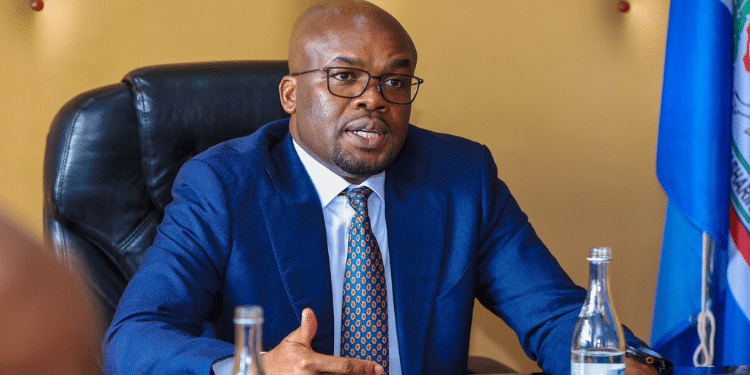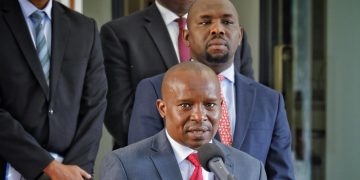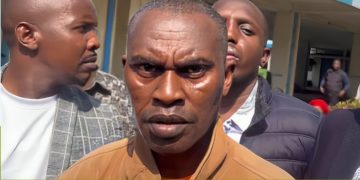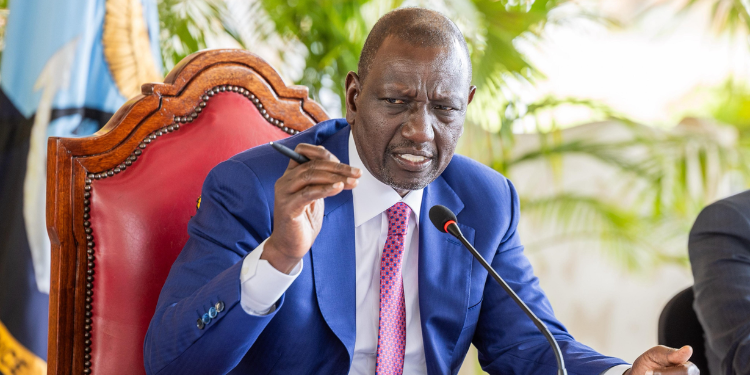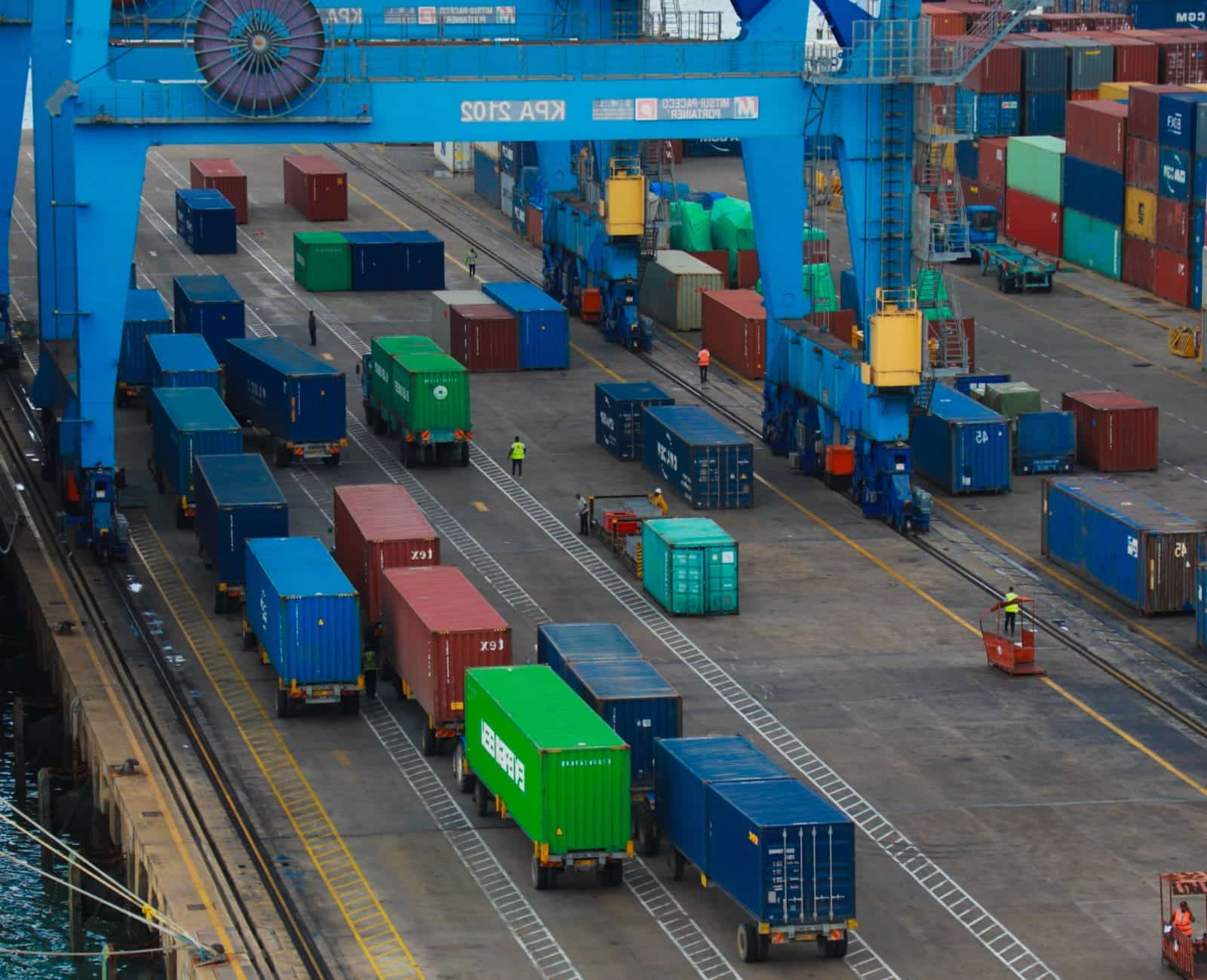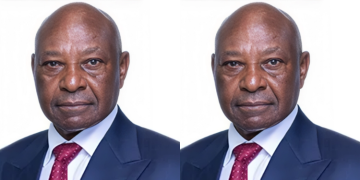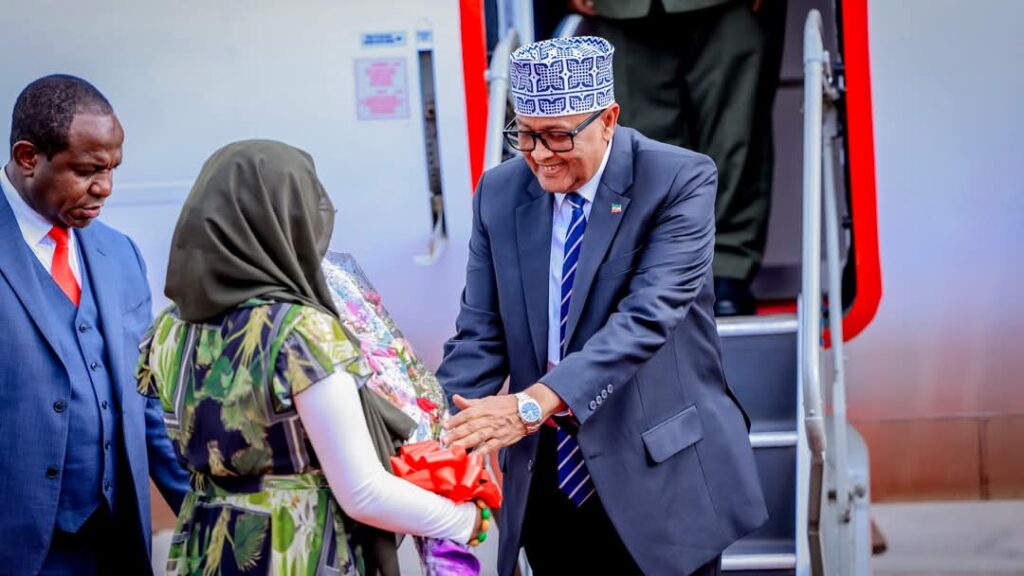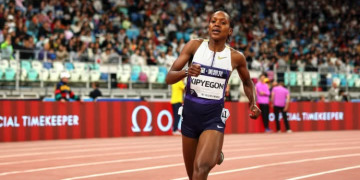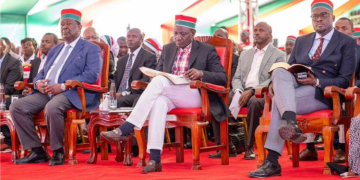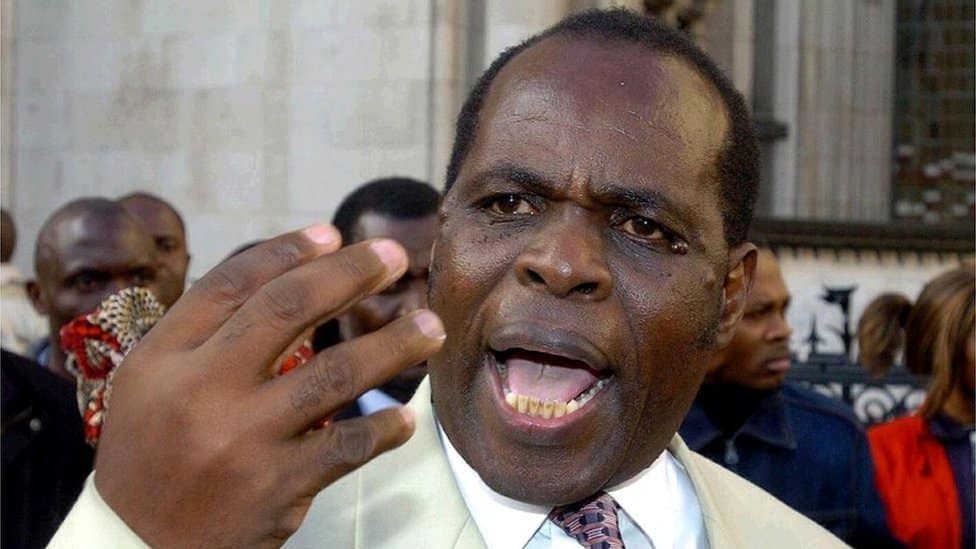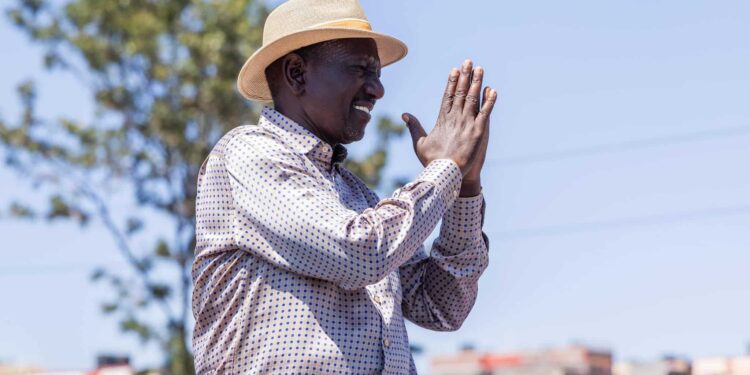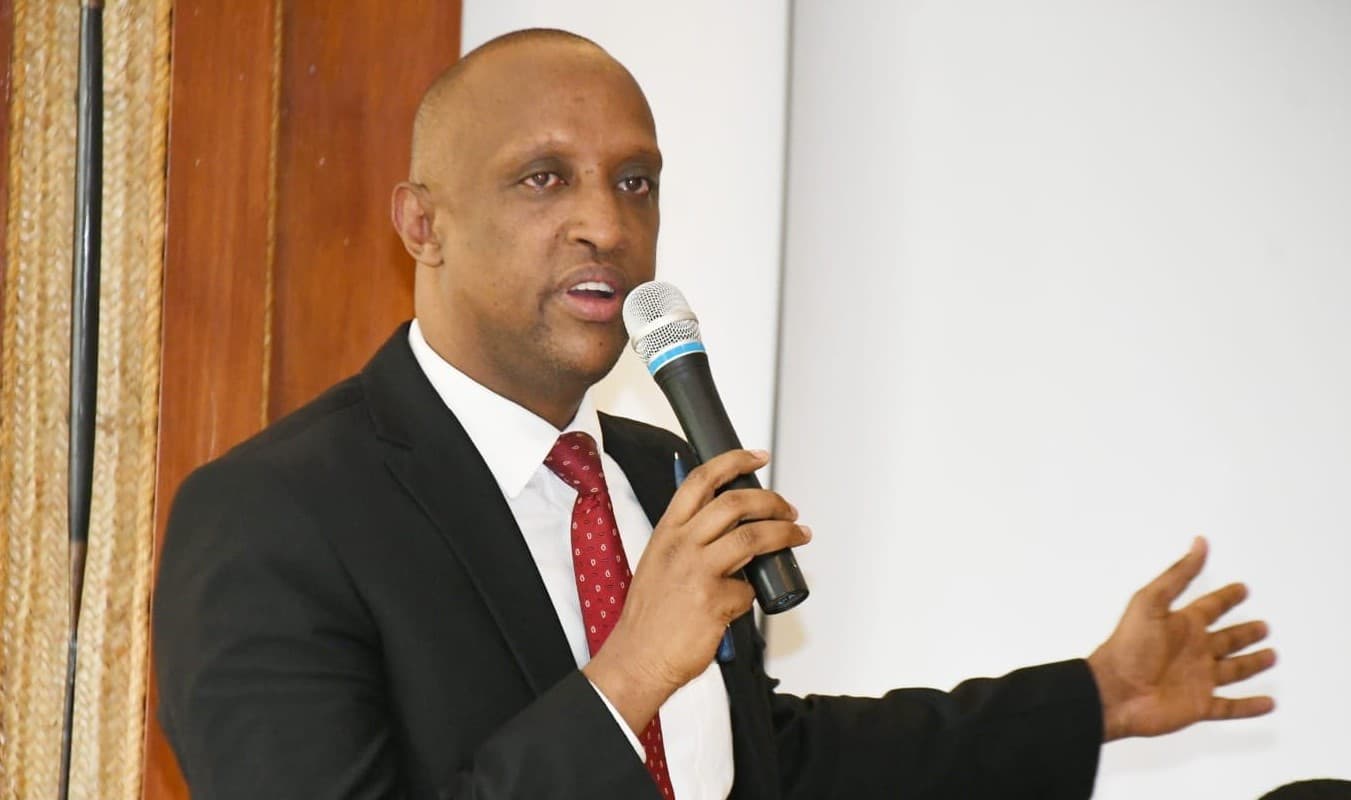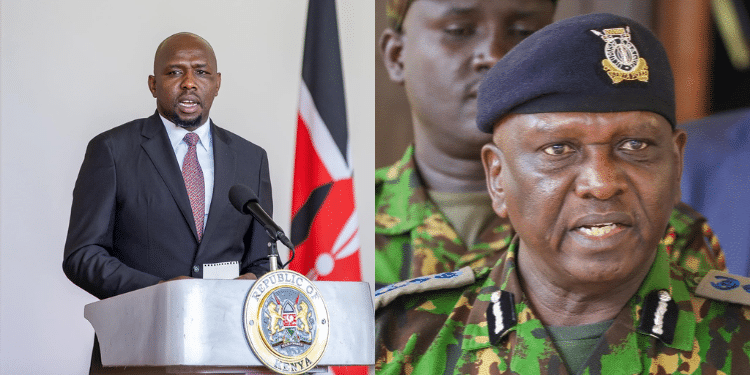As Kenya hurtles toward the 2027 presidential elections, a new wave of political figures is emerging, seeking to disrupt the entrenched political dynasties that have held sway for decades. These so-called dark horses—Fred Matiang’i, Nelson Havi, George Wajackoyah, Reuben Kigame, Okiya Omtatah, George Natembeya, and Ndindi Nyoro—are making bold claims of transformation, rallying against the status quo. However, the brutal realities of Kenya’s political landscape—where power is dictated by deep-rooted networks, financial muscle, and ethnic arithmetic—pose formidable barriers to their ambitions.
Their rhetoric is fiery, their promises grand, yet the machinery of Kenyan politics is unforgiving. It takes more than populist slogans and headline-grabbing declarations to upend the power structures that have defined the country’s governance. Without a strategic masterstroke—one that fuses grassroots mobilization, coalition-building, and a commanding national vision—these aspirants risk being seen as political opportunists rather than legitimate disruptors of the establishment.
Fred Matiang’i: The ‘Deep State’ Loyalist Trying to Reinvent Himself
Fred Matiang’i’s entry into the 2027 conversation is a calculated attempt at political reinvention.
Once the most powerful Cabinet Secretary in Uhuru Kenyatta’s administration, he wielded influence akin to that of a de facto prime minister, enforcing government policies with an iron fist.
His decisive leadership earned him both admirers and detractors, painting him as a no-nonsense technocrat but also as an enforcer of an administration marred by allegations of suppression and economic mismanagement.
However, Matiang’i’s political baggage is both an asset and a curse. His past ties to the Kenyatta regime—one accused of police brutality, fiscal indiscipline, and backroom political dealings—leave him struggling to position himself as a reformist.
Unlike President Ruto, who meticulously crafted the “hustler” narrative to galvanize a grassroots following, Matiang’i lacks an organic political constituency.
Also Read: Raila Takes Stand on Matiang’i Vying for President
His support appears more rooted in elite boardrooms than in the public squares where votes are won.
If he is to mount a serious challenge, he must prove that he can transcend his bureaucratic past and inspire a movement that resonates with the electorate.
Nelson Havi: The Legal Firebrand with No Electoral Clout
Nelson Havi, the outspoken former president of the Law Society of Kenya, thrives in the realm of legal battles and intellectual discourse.
His sharp mind and relentless critique of governance failures have positioned him as a thorn in the side of the political class.
However, Kenya’s brutal electoral landscape does not reward eloquence alone—it demands the ability to mobilize votes, build coalitions, and sustain a formidable ground operation.
Havi’s 2022 bid for the Westlands parliamentary seat ended in a resounding defeat, exposing his disconnect from the everyday voter.
While his appeal among urban professionals and legal minds remains intact, elections in Kenya are not won in courtrooms or on social media.
They are won in villages, marketplaces, and the grassroots structures controlled by party kingpins.
For Havi to emerge as a credible force, he must abandon the ivory tower of legal debates and build a political machine that speaks the language of the masses.
George Wajackoyah: The Entertainer, Not the Political Heavyweight
No figure in Kenya’s recent political history has captured public imagination quite like George Wajackoyah.
His eccentric 2022 campaign, laced with radical policy proposals and a flair for theatrics, transformed him into a political sensation.
His advocacy for marijuana legalization, snake farming, and alternative economic models made him a viral phenomenon, especially among the youth.
Yet, political spectacle does not translate into political power. His economic proposals, though headline-grabbing, lacked depth and feasibility, and his campaign often appeared erratic and disorganized.
The idea that marijuana exports alone could clear Kenya’s debt was a simplistic narrative that failed to stand up to scrutiny.
If Wajackoyah is serious about 2027, he must abandon the theatrics and present a structured, pragmatic policy platform. Otherwise, he risks being remembered as a political entertainer rather than a serious contender.
Ndindi Nyoro: The Protégé-Turned-Rival Navigating Political Uncertainty
Ndindi Nyoro has rapidly risen through the ranks of Kenya’s political landscape, positioning himself as one of the key figures in the “hustler” movement.
As a former staunch ally of President Ruto, Nyoro built a reputation as a fiery defender of economic empowerment for ordinary Kenyans, championing bottom-up policies that resonate with the youth and small-scale entrepreneurs.
However, Nyoro’s political fortunes took a hit when he was unceremoniously removed from the powerful Budget and Appropriations Committee, a move widely seen as a strategic sidelining within the Kenya Kwanza administration.
Once considered a rising star and potential successor in the economic transformation agenda, his ejection from the influential parliamentary post has raised questions about his standing within Ruto’s inner circle.
This predicament puts him at a crossroads—does he double down on his loyalty to the ruling coalition, or does he carve out an independent political path to solidify his national ambitions?
Also Read: Why Ruto Could Easily Win in 2027 – Kioni
To emerge as a credible dark horse in 2027, Nyoro must demonstrate resilience, build alliances beyond his Central Kenya base, and prove that he can thrive outside the confines of government patronage.
Okiya Omtatah and Reuben Kigame: The Moral Crusaders Lacking Political Machinery
Okiya Omtatah and Reuben Kigame bring a unique moral authority to Kenya’s political arena.
Omtatah, renowned for his relentless legal battles against unconstitutional government actions, has positioned himself as the defender of the public interest.
Kigame, a gospel musician and religious leader, appeals to the conscience of the nation, advocating for a values-based leadership.
However, moral authority alone does not translate into electoral success. Kenya’s political reality is dictated by ethnic dynamics, deep-pocketed campaigns, and well-oiled grassroots networks—areas where both Omtatah and Kigame struggle.
While they have the respect of civil society and urban intellectuals, they lack the mobilization structures necessary to mount a serious national campaign.
For these two to transition from activism to competitive politics, they must build a coalition that extends beyond their principled stances.
Without a solid political party, a robust ground operation, and strategic alliances, their presidential bids may remain symbolic rather than transformative.
The Impact of Youth (Gen Z) and Social Movements
A seismic shift is underway in Kenya’s electoral politics—the rise of Gen Z and the increasing power of social movements. Unlike their predecessors, these young voters are not beholden to traditional ethnic voting patterns or political patronage.
Their frustrations are raw, their demands for economic justice urgent, and their ability to mobilize through digital platforms unprecedented.
Youth-led movements such as “Occupy Parliament,” university protests, and online campaigns against corruption have demonstrated their potential to shake the establishment.
If harnessed effectively, these movements could be a game-changer for dark horse candidates, offering them an energized base of activists ready to challenge the old order.
The Harsh Reality of Kenya’s Electoral Landscape
While these dark horses inject fresh voices into Kenya’s political discourse, the road to the presidency remains perilous.
The entrenched political class, armed with vast financial resources, deep ethnic loyalties, and decades of experience, will not cede power easily. The 2027 race is shaping up to be a battle between the old guard and those seeking to redefine Kenya’s political future.
For any of these emerging challengers to stand a real chance, they must go beyond lofty rhetoric.
They must build robust grassroots networks, articulate compelling policy alternatives, and forge strategic alliances that enhance their electoral viability. Without these elements, their campaigns will remain aspirational rather than transformational.
The views expressed in this article are the author’s own and do not reflect The Kenya Times’ editorial view.
Follow our WhatsApp Channel and join our WhatsApp Group for real-time news updates.


